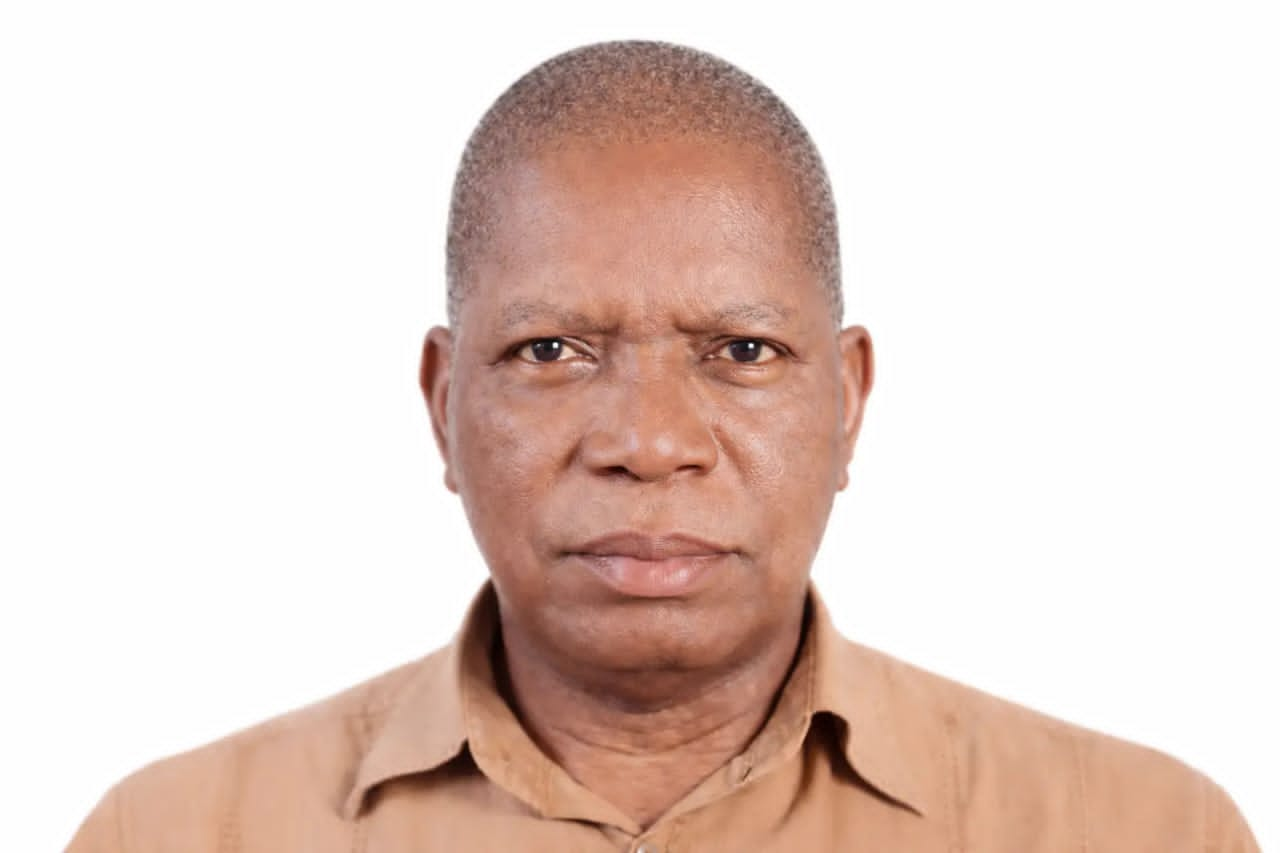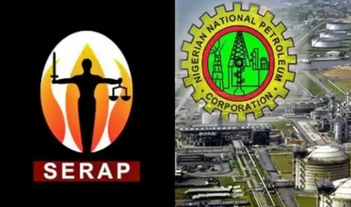MTN and other multinational businesses have urged the Nigerian government to create a level playing field to sustain investments amid economic challenges.
[dropcap]M[/dropcap]TN Nigeria and several multinational businesses have called on the Federal Government to create a level playing field that would allow them to sustain their investments in the country.
This plea comes in the face of high inflation, foreign exchange volatility, and regulatory challenges that have severely impacted their operations.
Also read: MTN Nigeria and WWF launch Nigeria pachiPanda challenge for young entrepreneurs
Speaking during the 30th Nigerian Economic Summit in Abuja on Tuesday, MTN’s Chief Financial Officer, Modupe Kadri, highlighted the struggles faced by the telecommunications industry.
He noted that the sector had not been granted regulatory approval to adjust prices for over a decade, despite mounting operational costs due to foreign exchange fluctuations and import-dependent equipment.
Kadri pointed out that while industries such as petroleum and electricity had received approval for tariff adjustments, the telecommunications industry continued to face price regulation.
He argued that this disparity was stifling business growth, making it difficult for telecom companies to stay competitive.
“For ten years now, telecommunications companies haven’t been permitted to increase prices, and this regulation is not providing us with a level playing field to operate.
If we are to stay in business, this policy must be reviewed, similar to how electricity and fuel prices are adjusted to reflect current economic realities,” Kadri said.
He further stressed the critical role the telecommunications industry plays in the economy, contributing 16% to Nigeria’s GDP.
He warned that if the industry is not supported by appropriate pricing structures, it could face the same fate as the oil sector, where a lack of investment has caused stagnation.
Kadri’s concerns were echoed by other business leaders at the summit. Oyeyimka Adeboye, CEO of Mondelez West Africa (Cadbury), emphasised the challenges of operating in an import-dependent environment.
She noted that the cost of doing business had tripled over the past two years, highlighting the need to support local production and provide access to financing for businesses.
“We import glucose, but we have people who can produce it locally. The problem is that they do not have access to finance,” Adeboye said.
Similarly, Courage Obadagbonyi, Chief Financial Officer of APM Terminals West Africa, called for better coordination between government regulators.
He remarked that the lack of coordination and clarity in regulatory policies had caused confusion, making it difficult for businesses to navigate the economic landscape.
Nkechi Obi, Group Managing Director of Techno Oil Limited, stressed the importance of good policy frameworks in helping businesses thrive.
She expressed optimism that the establishment of the Dangote Refinery would stabilise petroleum prices, which would in turn benefit related industries.
“As Techno Oil is also working on its refinery, we hope to avoid shocks or uncertainties in the sector,” Obi added.
The multinational business leaders warned that without significant policy reforms and better regulatory frameworks, sectors like telecommunications, financial services, and logistics could face further instability, impacting the broader economy.





























